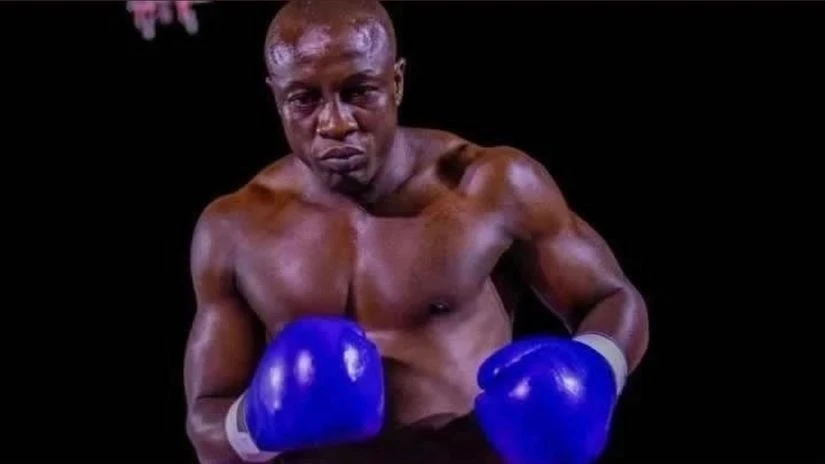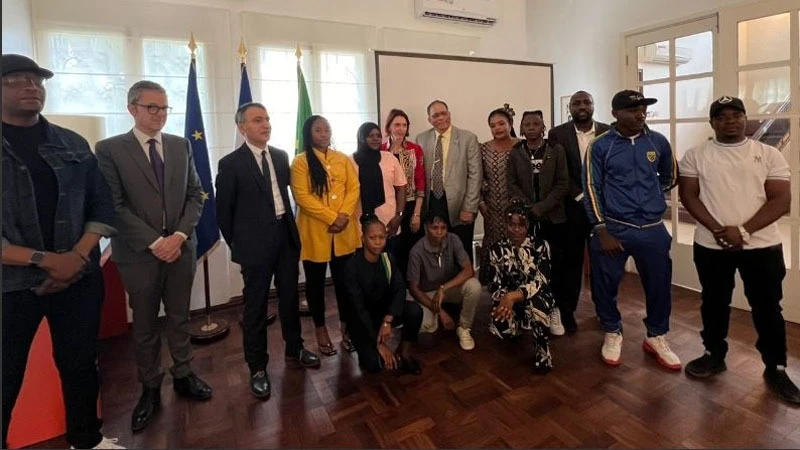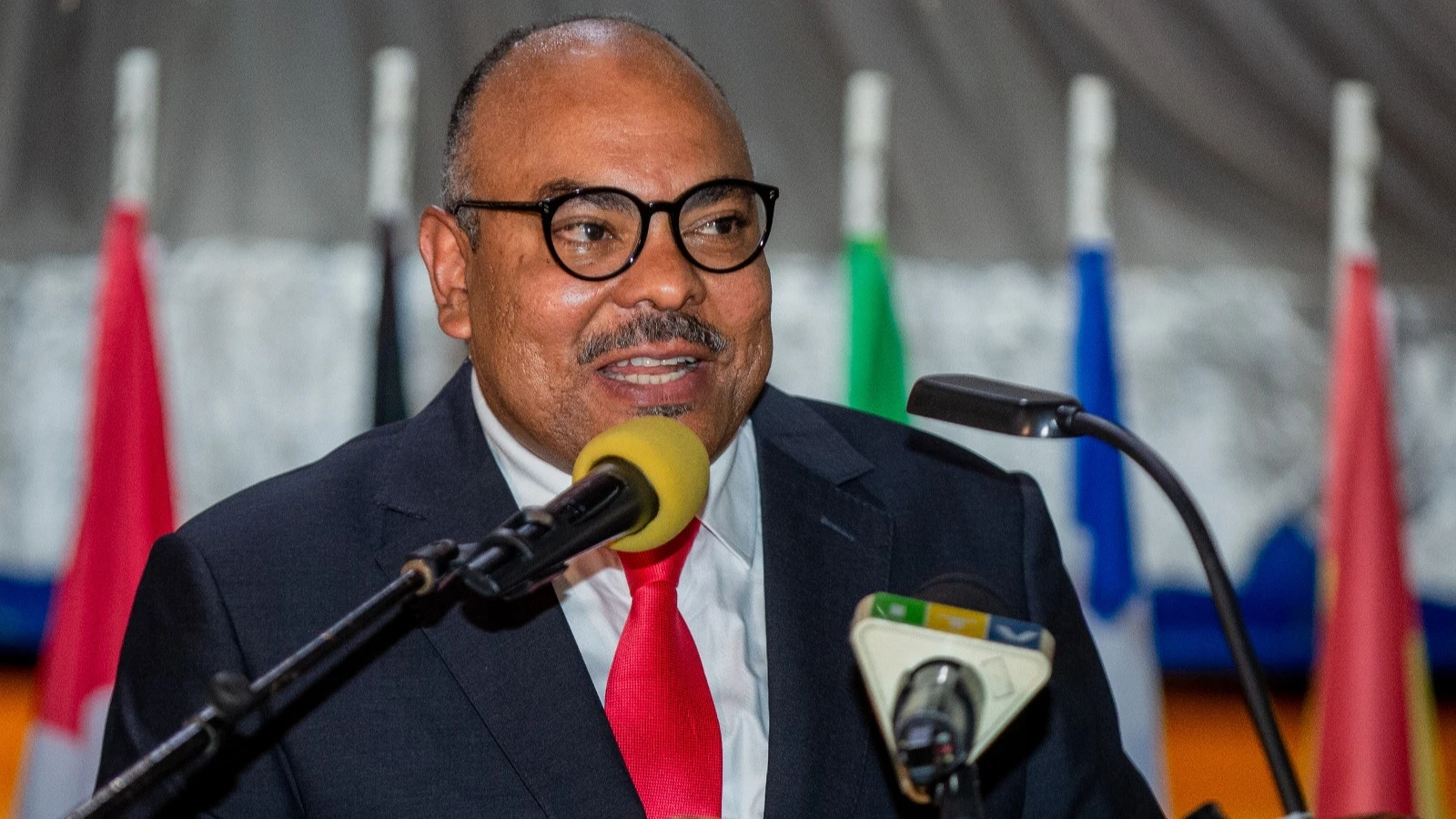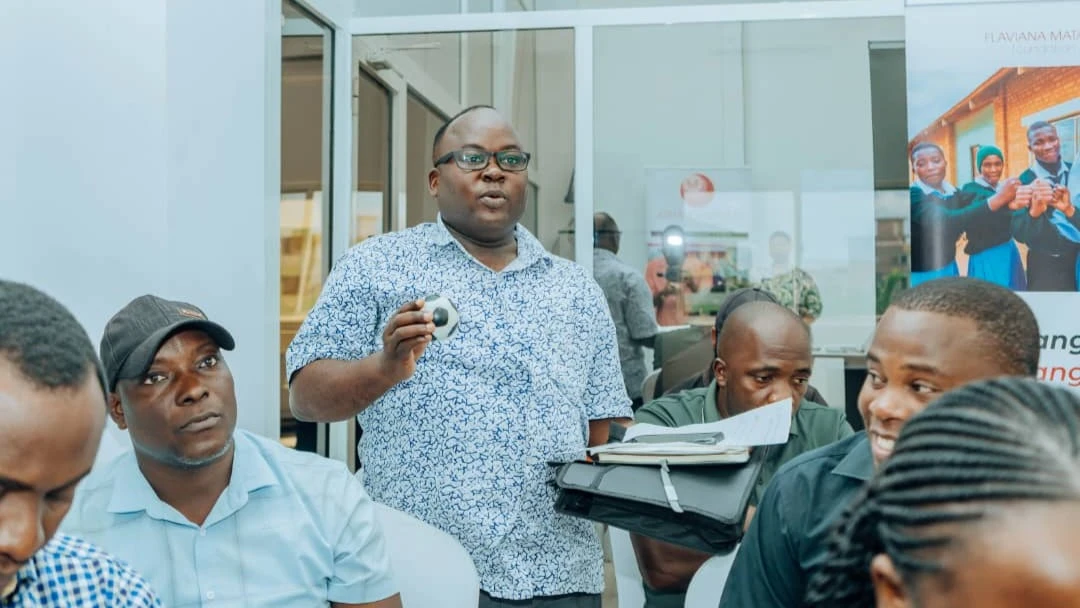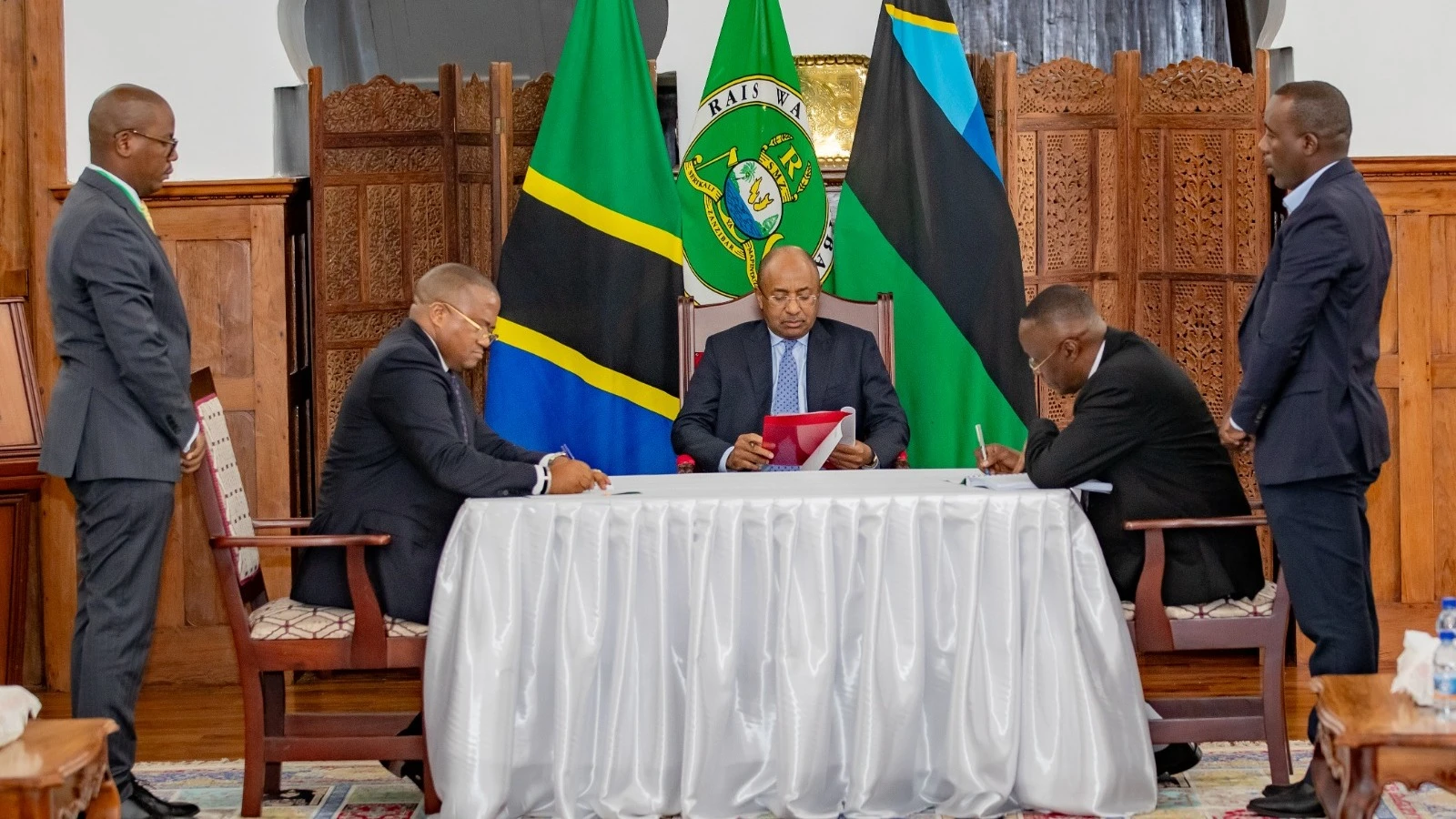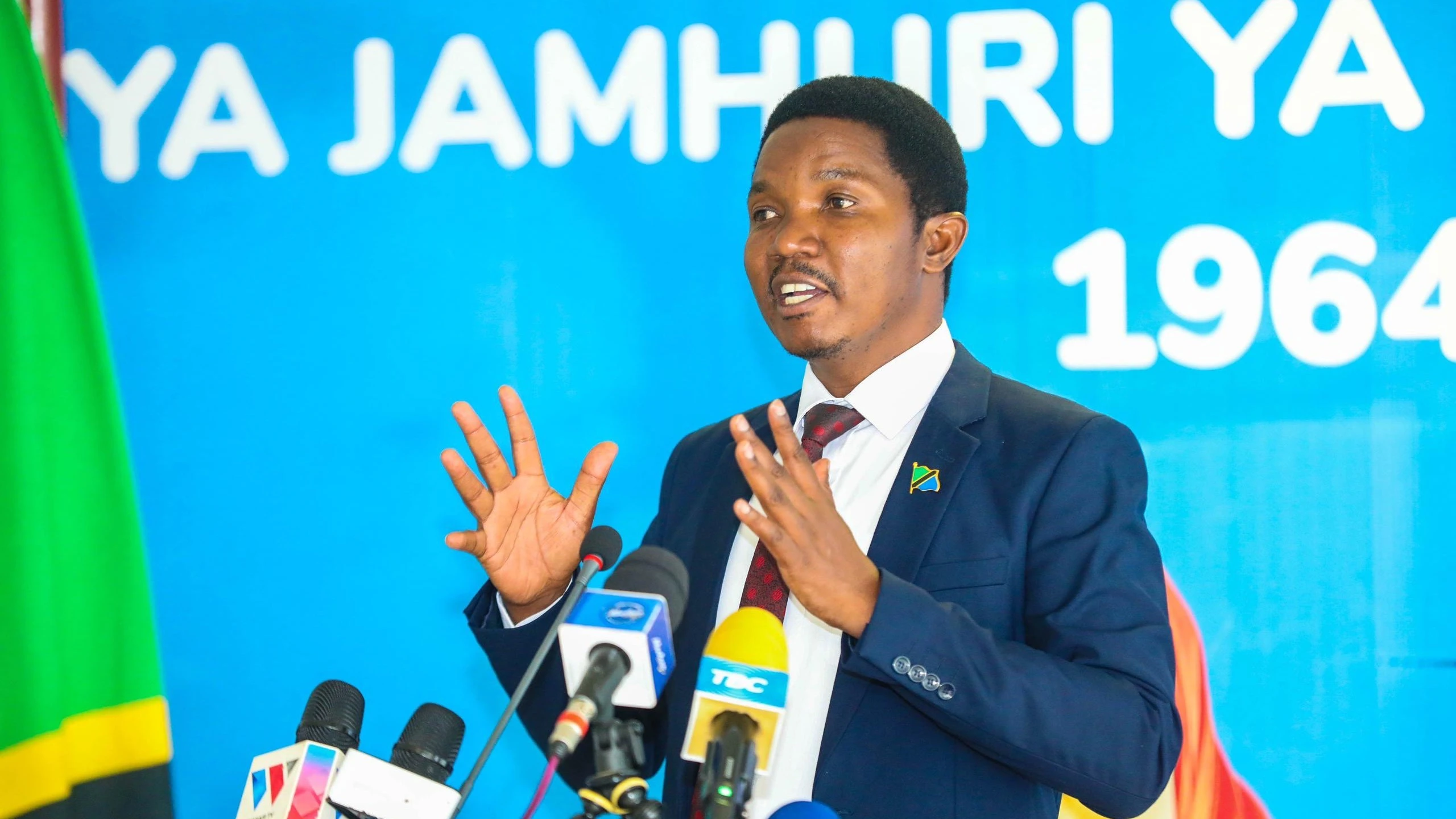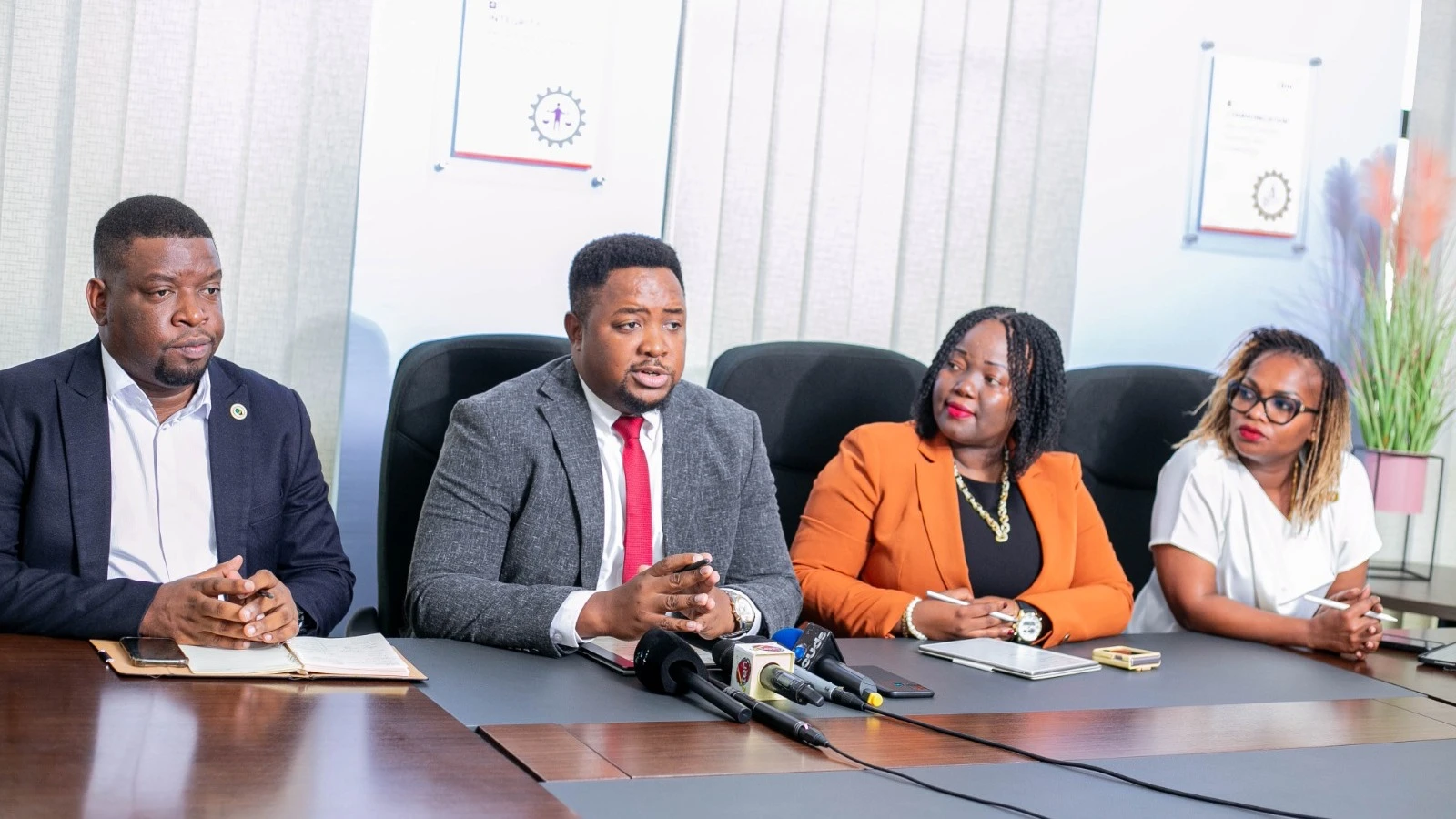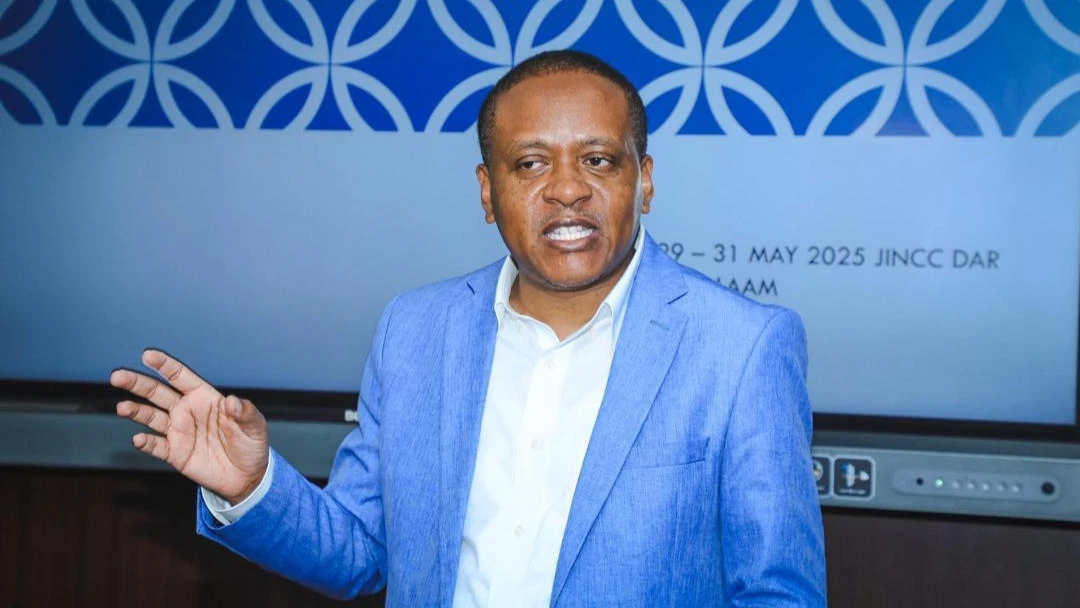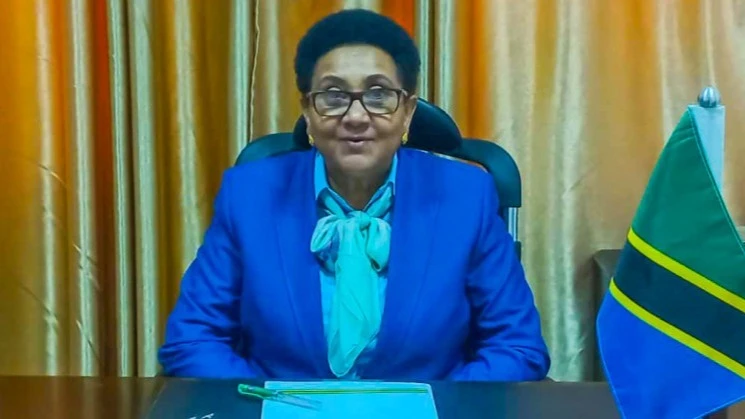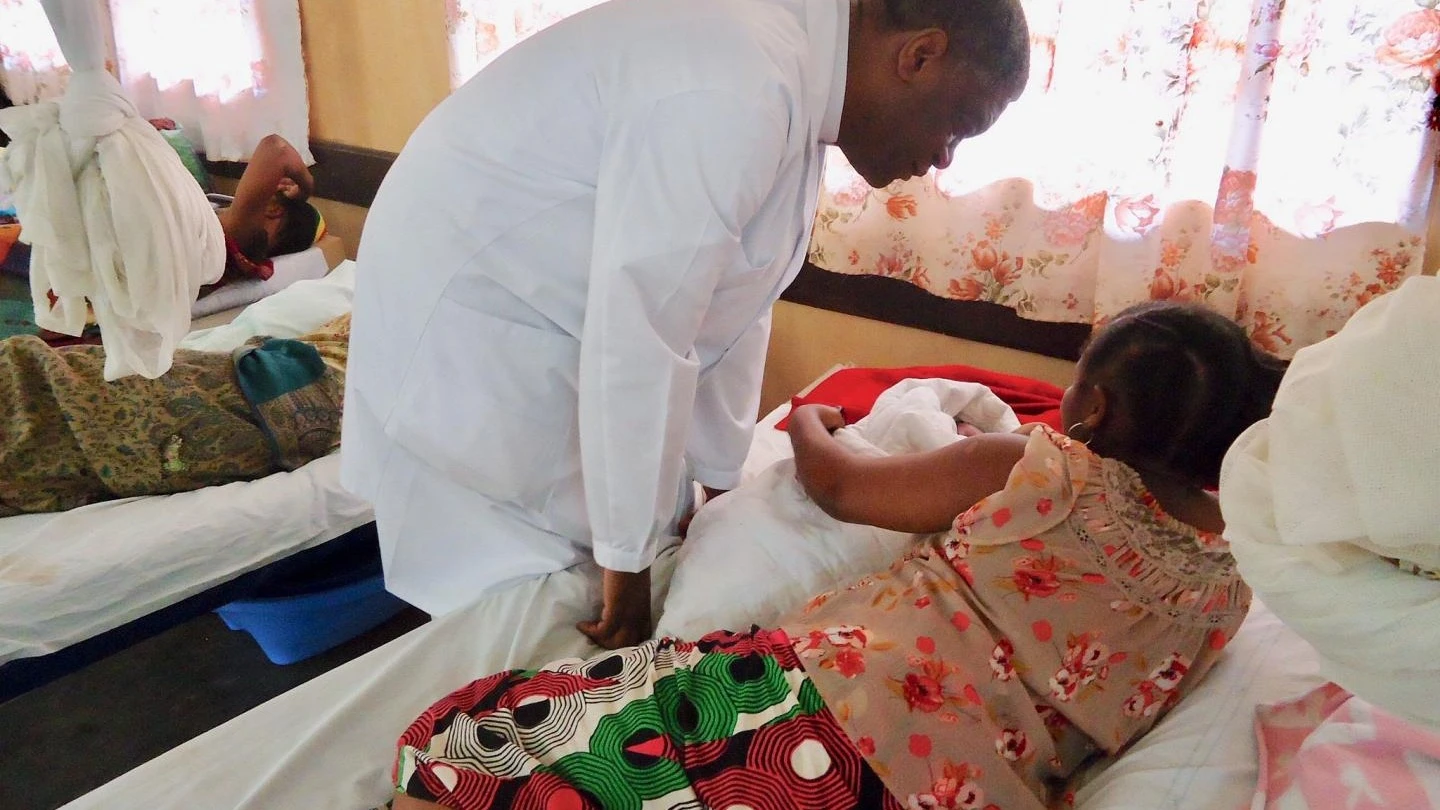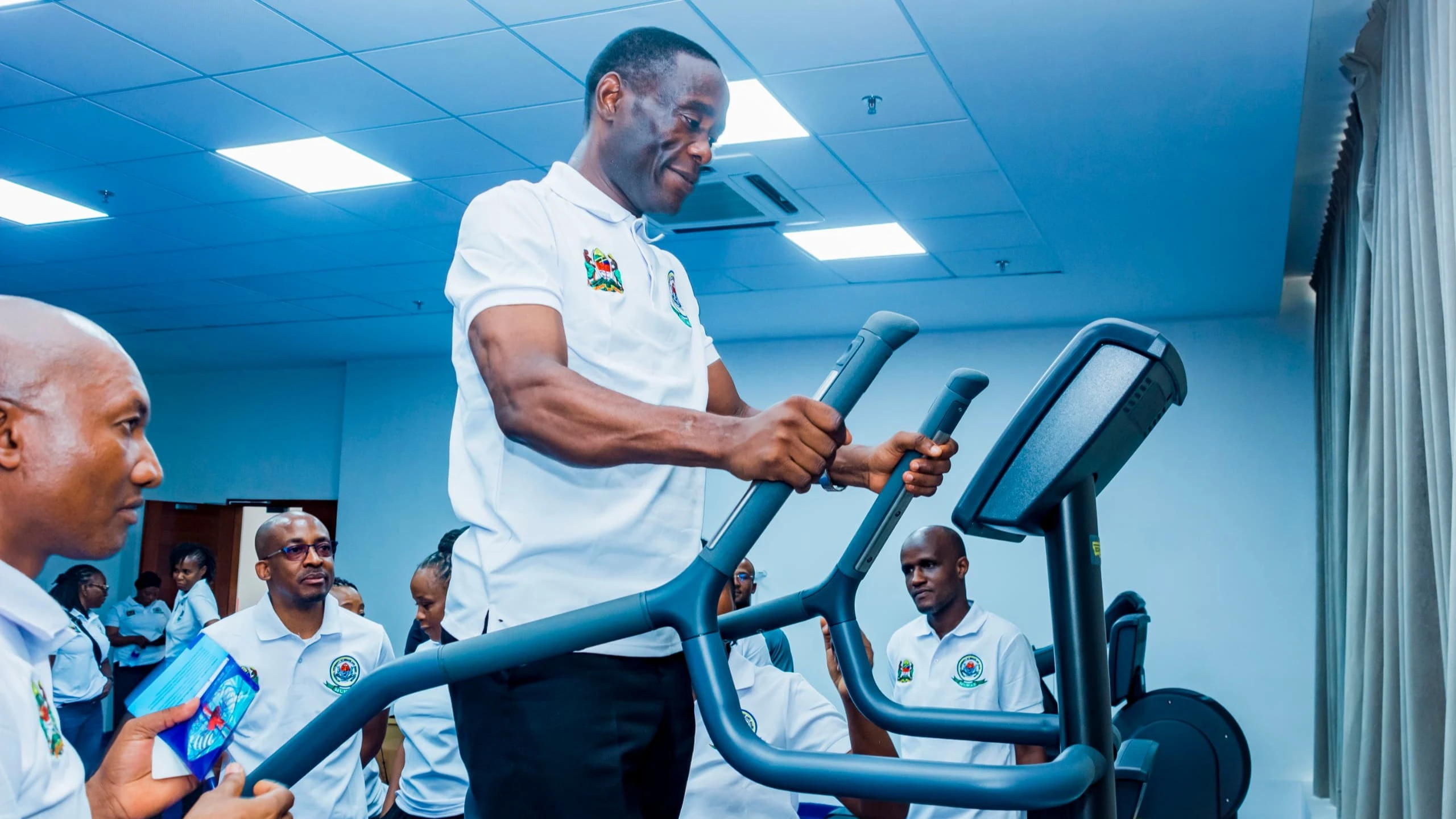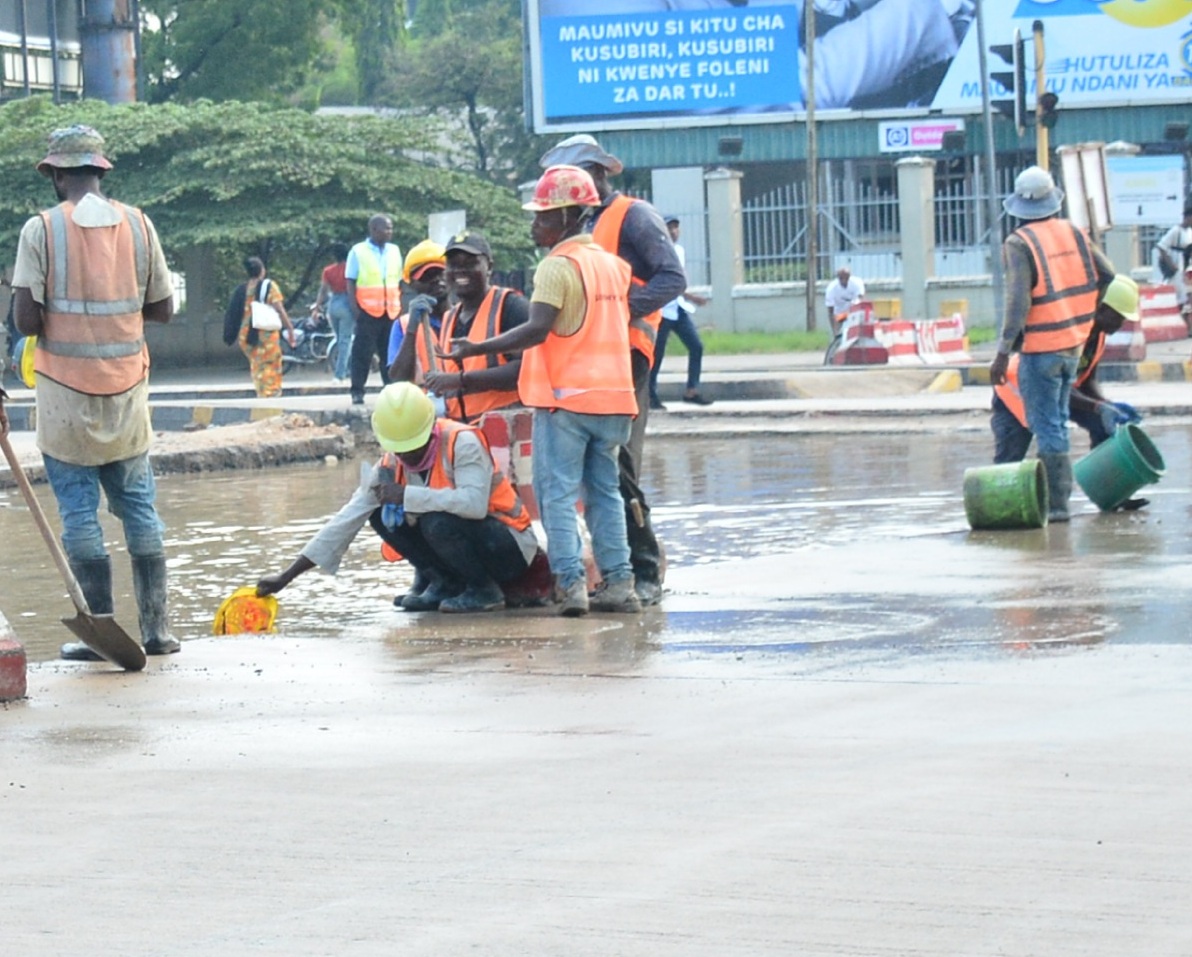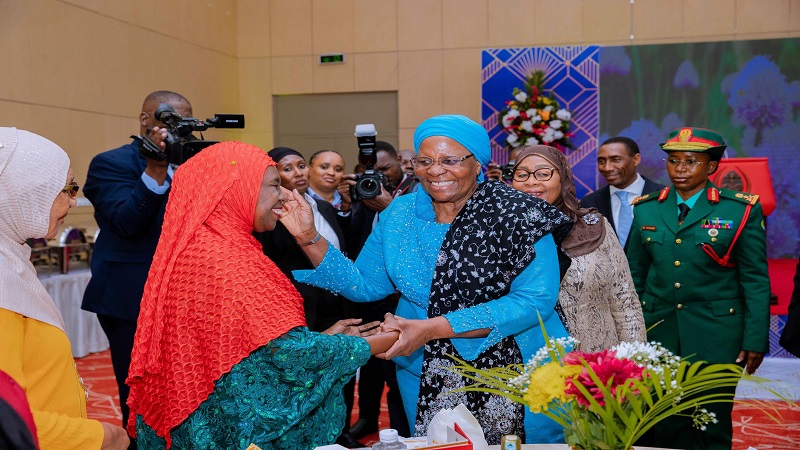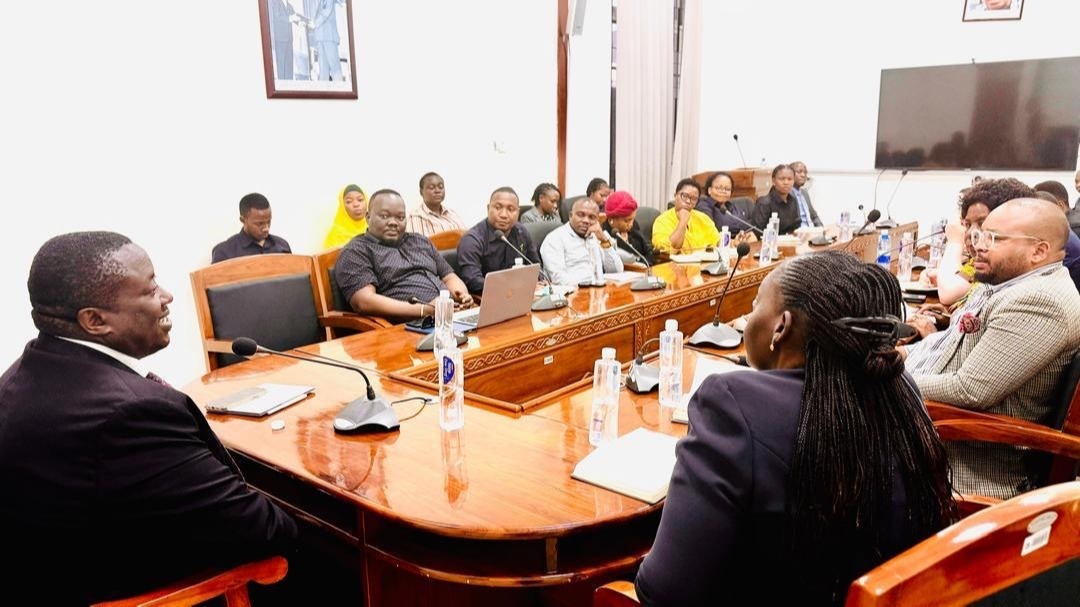Key areas Simba must address to stage CAF Confederation Cup Final comeback
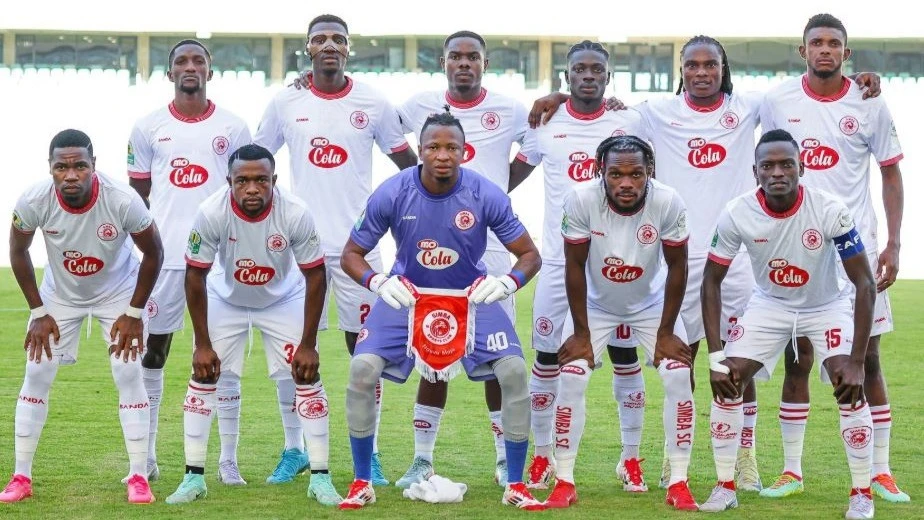
LAST weekend, Simba SC faced a formidable challenge at the Berkane Municipal Stadium, succumbing to a 2-0 defeat against Morocco’s RS Berkane in the first leg of the 2024/25 CAF Confederation Cup final.
With the second leg looming on Sunday at Amaan Complex in Zanzibar, Simba, under the guidance of coach Fadlu Davids, must channel their resilience, tactical acumen, and home advantage to overturn the deficit and claim their first major continental trophy.
Analyzing the First Leg: Where Simba Struggled
The first leg exposed vulnerabilities in Simba’s setup that RS Berkane exploited with clinical precision. Berkane’s early dominance was evident, with goals from Mamadou Camara in the 8th minute and Oussama Lamlaoui in the 15th minute capitalizing on defensive lapses.
Several commentators highlighted Simba’s disorganized backline, noting a lack of “perfect marking and timely clearances” in the first half, which allowed Berkane to establish a commanding lead.
Simba’s attacking line also struggled, failing to convert limited scoring opportunities. Despite settling into the game in the final 15 minutes of the first half and showing more intent in the second, Simba couldn’t breach Berkane’s vigilant defense, led by goalkeeper Munir El Kajoui.
Berkane’s proactive, high-pressing style overwhelmed Simba early, with their ability to exploit spaces in behind and on the flanks proving decisive. Simba’s defensive compactness was lacking, particularly vertically and horizontally, allowing Berkane to penetrate central routes and create scoring opportunities.
The Moroccan side’s experience in finals - having won the competition in 2020 and 2022, underscored their ability to manage the game, absorbing Simba’s second-half pressure and nearly adding a third goal, only denied by a VAR intervention.
To overturn the 2-0 deficit, Simba must address these shortcomings with a blend of tactical discipline, attacking intent, and home-crowd energy.
Strengthen Defensive Organization
Simba must prioritize compactness, both vertically and horizontally, to block Berkane’s central routes and limit their ability to exploit spaces.
Full-backs Shomari Salum Kapombe and Mohamed Hussein will need support from wingers to counter Berkane’s pacey attackers, such as Issoufou Dayo and Youssef Zghoudi, who have each scored three goals in the tournament.
Goalkeeper Moussa Camara, who shone in the semi-final penalty shootout against Al Masry, must replicate his heroics to keep a clean sheet, as conceding an away goal could make the task insurmountable.
Neutralize Berkane’s High Press
Berkane’s high-pressing game disrupted Simba’s build-up play in the first leg, forcing errors in dangerous areas.
Coach Davids showed adaptability in the second half by adjusting Simba’s build-up to play around Berkane’s press, using players like Hussein ‘Zimbwe’ as a third center-back and Fabrice Ngoma to receive the ball wide. This approach must be refined and implemented from the outset in Zanzibar.
By maintaining possession under pressure and using quick, short passes to bypass Berkane’s press, Simba can create space for their creative midfielders, such as Ellie Mpanzu, to orchestrate attacks.
Avoiding long balls into Berkane’s organized defense will be crucial, as they demonstrated resilience against Simba’s second-half surges.
Capitalize on Set-Pieces and Attacking Opportunities
Simba’s inability to score an away goal in the first leg was a missed opportunity, as even a single goal could have shifted the tie’s momentum. Players like Jean Charles Ahoua, who scored a crucial free-kick in the semi-final against Stellenbosch, and Denis Kibu, the tournament’s joint-top scorer with three goals, must be clinical.
Ahoua’s set-piece prowess could be a game-changer, given Berkane’s vulnerability to conceding from dead-ball situations, as seen in their 1-0 loss to CS Constantine.
Simba should exploit Berkane’s occasional lack of patience in defense, by creating overloads on the flanks and exploiting spaces left by their advancing full-backs.
Ugandan striker Steven Dese Mukwala, who scored against Al Masry and Leonal Ateba must improve their finishing to convert chances, unlike the missed opportunity by Ahoua in the semi-final.
Leverage Home Advantage at Amaan Complex
Simba’s undefeated record at home in this season’s competition is a significant asset. The passionate crowd at Amaan Complex, as seen in the semi-final against Stellenbosch, can create an intimidating atmosphere, pressuring Berkane into mistakes.
Simba must start aggressively, as they did against Al Masry, to unsettle Berkane early and score within the first 20 minutes. An early goal could ignite the crowd and force Berkane to open up, leaving spaces for Simba’s counter-attacks.
The team’s structured pressing, led by players like Yusuph Kagoma, must be relentless to disrupt Berkane’s rhythm and prevent them from settling into their proactive style.
Mental Resilience and Game Management
Berkane’s experience in high-stakes matches gives them an edge in managing pressure, but Simba’s journey to the final which includes overcoming Al Masry and Stellenbosch demonstrates their fighting spirit.
Davids must instill belief in his youthful squad, as he noted their “hunger and desire” before the first leg. Avoiding early concessions, as occurred in Morocco, is critical, as Berkane will likely aim to kill the tie early with their high-pressing approach.
Simba must stay composed, manage the game’s tempo, and avoid rash challenges that could lead to cards or penalties, especially given Berkane’s counter-attacking threat.
The Path to Victory
To win the tie, Simba need at least a 2-0 victory to force extra time or a 3-0 win to secure the title outright. A 2-1 result would favour Berkane due to the away goals rule.
Simba’s game plan should focus on scoring early to build momentum, maintaining defensive solidity to prevent Berkane from scoring, and exploiting set-pieces and counter-attacks.
The leadership of players like Ngoma and the creativity of Mpanzu, combined with the home crowd’s energy, could tilt the balance.
Top Headlines
© 2025 IPPMEDIA.COM. ALL RIGHTS RESERVED



